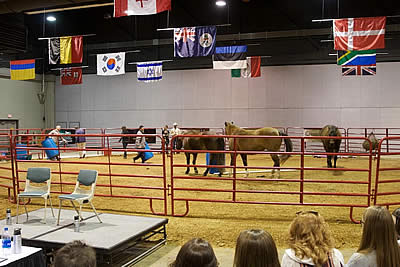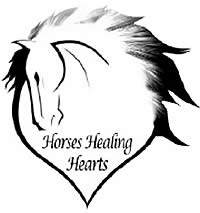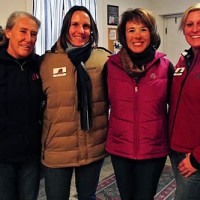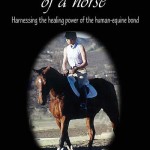Lexington, Ky. – March 16, 2020 – Eagala recently celebrated their 20th Anniversary with record-breaking attendance during their Vision 360 conference on February 26-29. Over 630 people, Eagala members and those passionate about equines from across the U.S., and twenty countries gathered in Lexington to network, learn, and celebrate the past 20 years, while creating clarity for the next 20 years in the rapidly growing Eagala Model approach. The Eagala Model combines licensed mental health professionals, qualified equine specialists, and horses to effectively work with clients addressing mental health issues.
As part of the conference, Eagala was proud to host the Congressional Horse Caucus on Saturday, Feb. 29th. Eagala CEO, Lynn Thomas, with the support of the American Horse Council, and members of the Congressional Horse Caucus attended a live, hands-on demonstration with horses and a panel discussion at the Lexington Convention Center.
Thousands of pounds of dirt were brought in to transform the basement of the Lexington Convention Center into a working indoor arena. Following the demonstration, the panel met about the impact of incorporating horses in mental health services for Veterans with PTSD and re-entry transitions, suicide prevention, substance abuse recovery, rural mental health issues, and other mental health needs in which horses can have a positive impact on treatment outcomes.
In attendance was Horse Caucus Co-chairman Congressman Andy Barr (R-KY 6), a member of the House Committee on Veterans’ Affairs, who prior to the Caucus participated in an Eagala session with Kentucky-based veterans. Representative Barr has been a strong advocate for this method to improve the lives of veterans and horses, including retired racehorses. He has led legislation funding equine-assisted services for mental health issues through the Veterans Administration Adaptive Sports Grant, and co-sponsored the IMPROVE Well Being for Veterans Act (H.R. 3495) – a veteran suicide prevention bill to provide grants to community organizations that interact with veterans who may not seek care at the VA, and includes access to equine-assisted services.
Invited to participate in the panel were members of the Congressional Horse Caucus, leaders in the horse and equine-assisted services industries, and veterans and others who have benefited from these services. The Caucus was moderated by Eagala Legislative Director, Ellen Stroud. To learn more about Eagala, please visit their website here.



